Featured News
Whether you are just beginning to explore zero-emission technologies, already transitioning your fleet, or looking to learn more about federal legislation and funding, we have resources that can help.
For media inquiries, contact Kate Mason at [email protected].
Thank you! Your submission has been received!
Oops! Something went wrong while submitting the form.
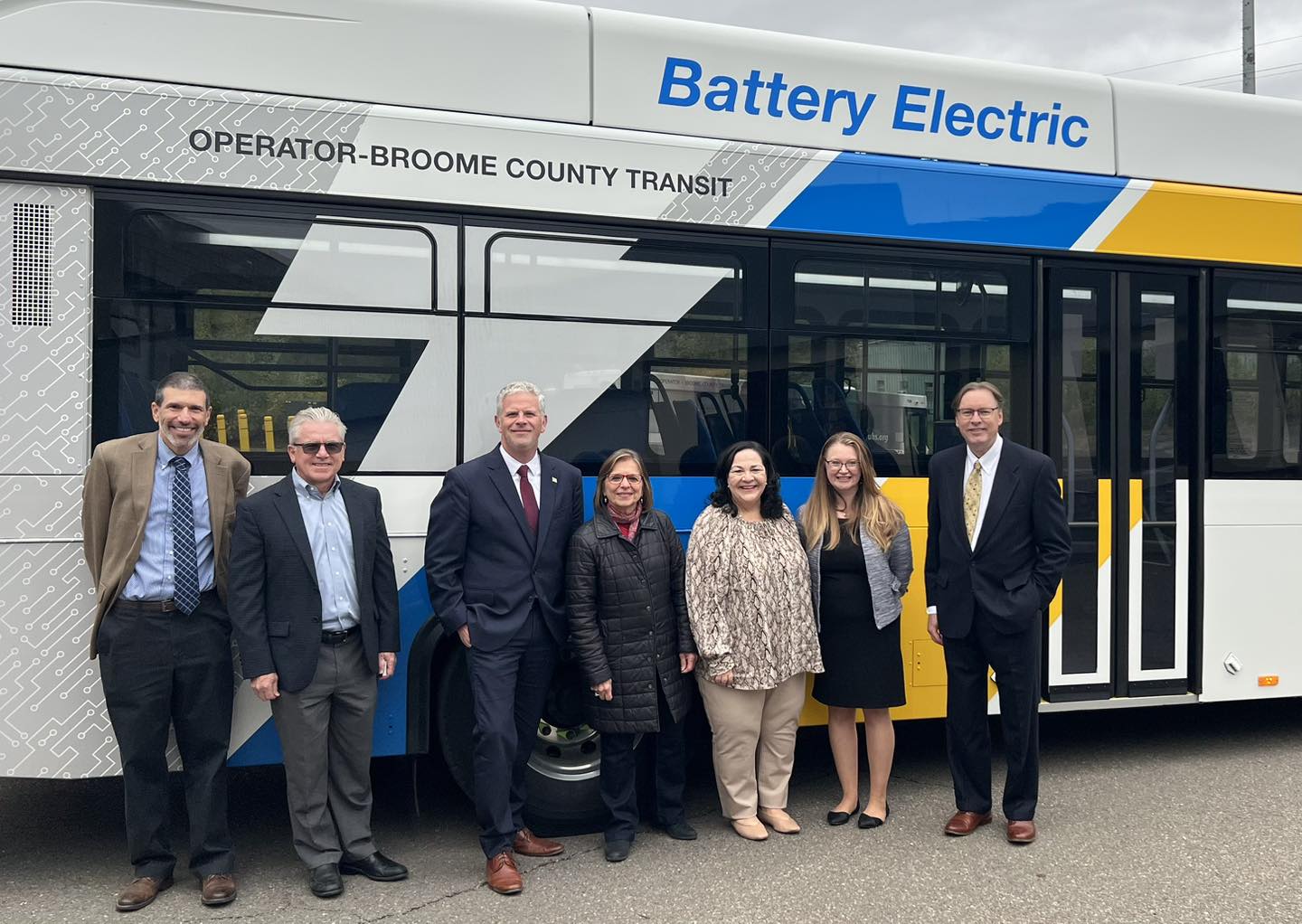
Press Release
October 17, 2025
Broome County Transit Cuts Ribbon on First Battery Electric Buses
Broome County Transit (BC Transit) celebrated the arrival of its first six battery electric buses (BEBs) with a ribbon-cutting ceremony on October 14. Manufactured by GILLIG, the zero-emission buses will begin carrying riders this month, marking the start of a cleaner, quieter era of public transit in Broome County. Supported by nearly $11 million in competitive federal grant funding and state-level investment, the new buses are part of a larger effort to bring 13 full battery-electric buses to the BC Transit fleet by 2027. These vehicles will replace older diesel models, improving air quality, reducing greenhouse gas emissions, and lowering operating noise across the community.
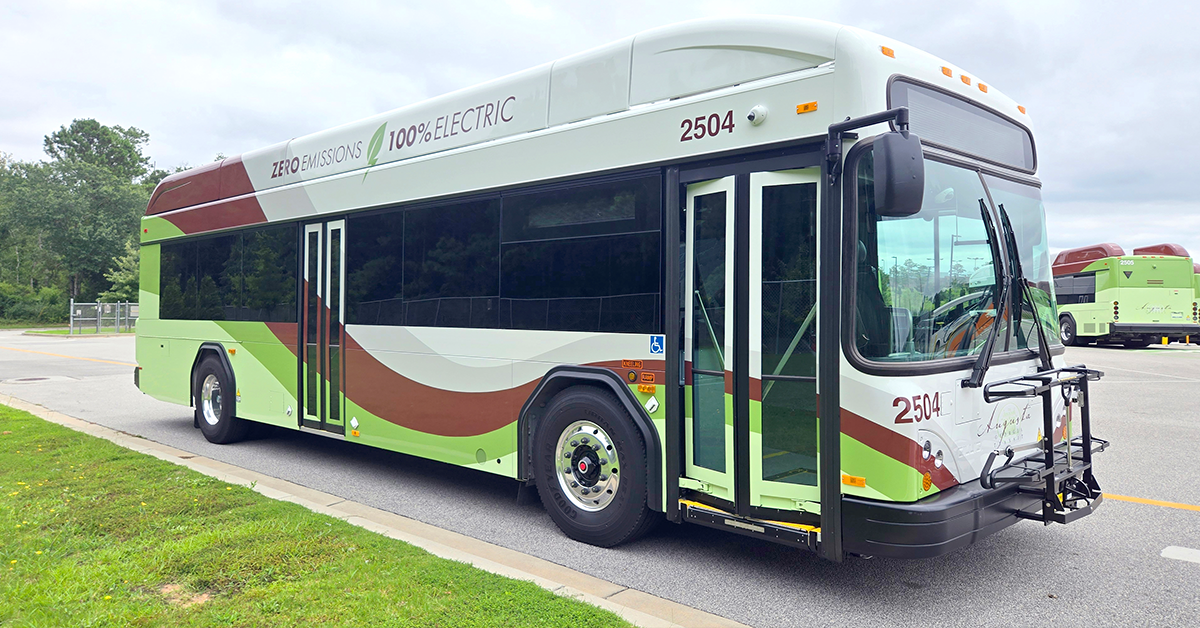
Press Release
October 14, 2025
Augusta Transit Celebrates Launch of First Battery-Electric Buses with Community Ribbon Cutting
Augusta residents joined city leaders, community partners, and transit riders today to celebrate the launch of Augusta Transit’s first five battery-electric buses—the first of their kind in the Central Savannah River Area. The ribbon cutting ceremony, held October 13 at Augusta Transit’s maintenance facility, marked a major milestone in the city’s efforts to modernize its transit system and improve air quality.
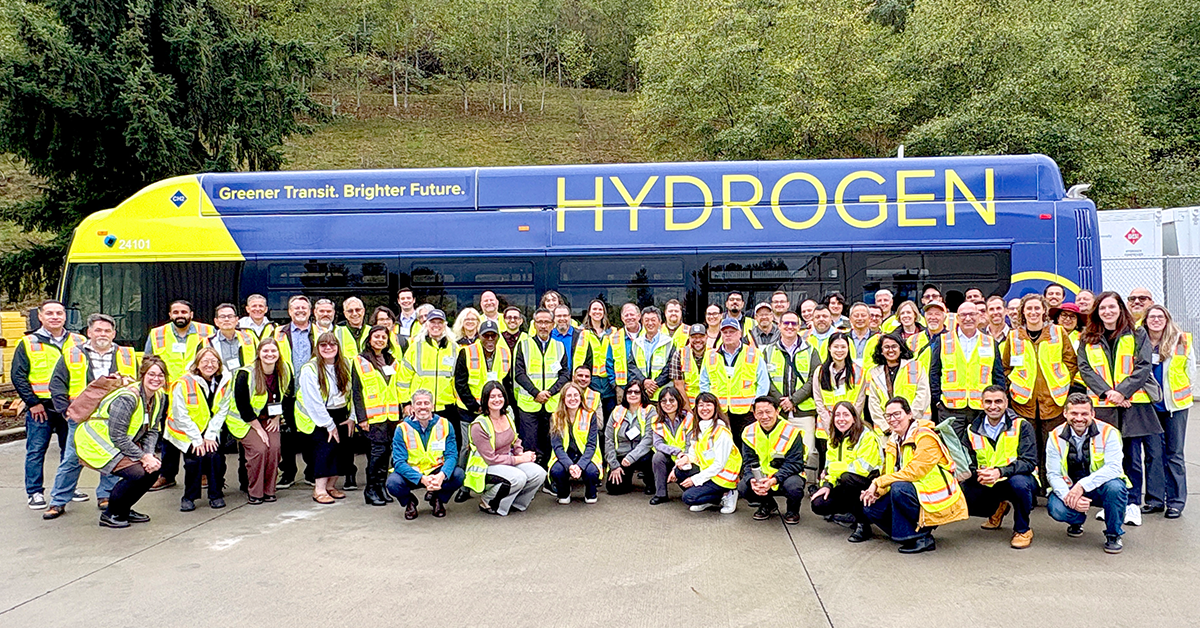
Blog Post
October 9, 2025
A Tale of Two Transit Agencies: ZEBRA Washington Roundtable Recap
On September 29–30, transit agencies from across the U.S. and Canada traveled to the Puget Sound region and the picturesque city of Everett, WA, for the ZEBRA Fall Roundtable. Co-hosted by member agencies, Community Transit and King County Metro and organized by the Zero Emission Bus Resource Alliance (ZEBRA), this gathering marked the largest ZEBRA roundtable to date—bringing together representatives from 22 agencies to exchange insights and explore the latest in zero-emission transit technologies.
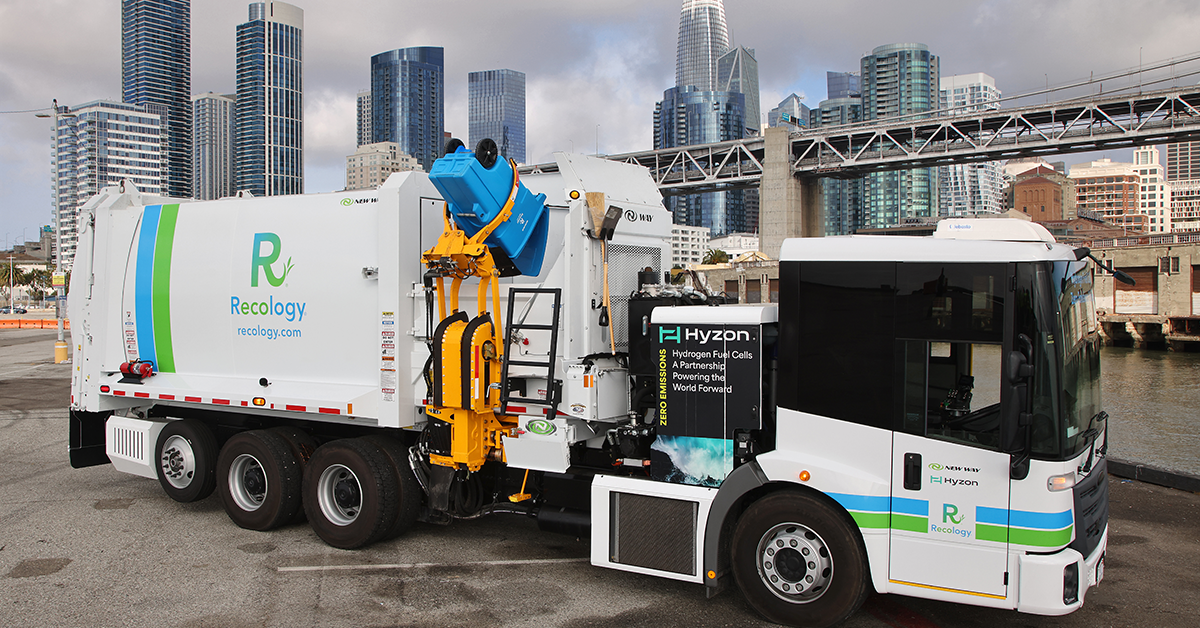
Press Release
October 9, 2025
CTE and C.H. Robinson Foundation Grant Support Recology’s Zero-Emission Fleet Transition Planning
The Center for Transportation and the Environment (CTE) today announced the successful completion of a Zero-Emission Vehicle (ZEV) Transition Plan for Recology, a resource recovery company that provides collection and disposal services to more than 2.5 million individuals and 100,000 businesses across California, Oregon, and Washington.

Blog Post
October 8, 2025
ZEB Con Roadshow at NYPTA's Annual Conference: Accelerating New York’s Zero-Emission Transit Future
The Center for Transportation and the Environment (CTE) is excited to bring the ZEB Con Roadshow to the New York Public Transit Association (NYPTA) 2025 Annual Conference in Saratoga Springs, NY! This special track of zero-emission bus sessions will provide transit agencies and industry partners with actionable insights, real-world lessons, and strategies for accelerating the transition to zero-emission fleets.
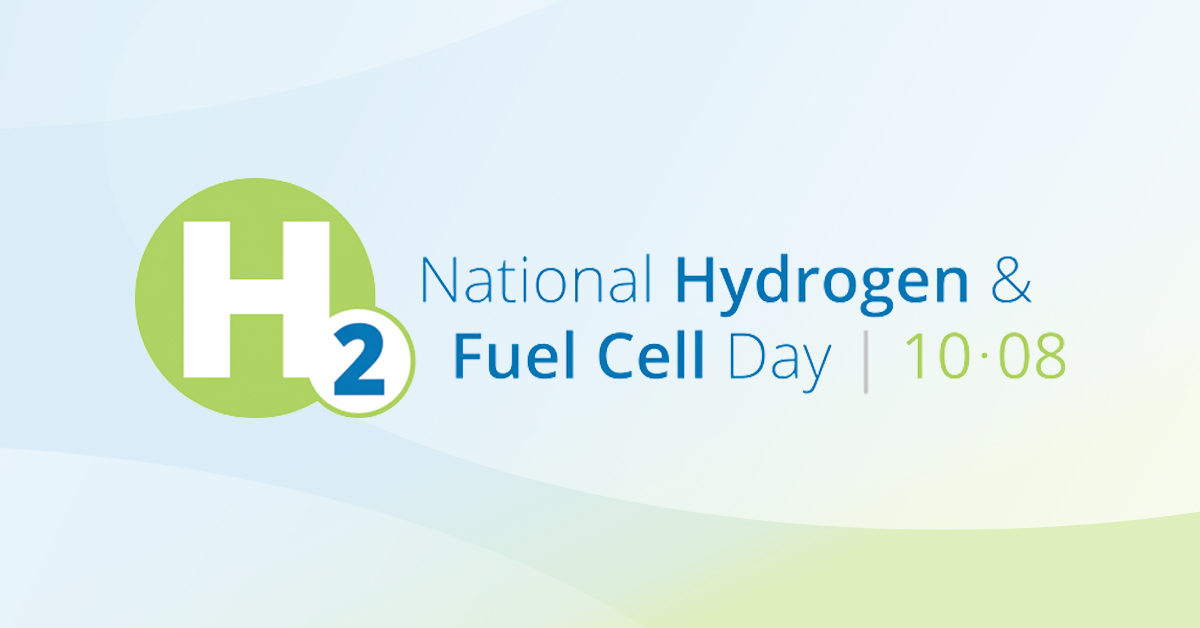
Blog Post
October 6, 2025
Celebrating Hydrogen & Fuel Cell Day: Key Projects Driving Clean Transportation
National Hydrogen & Fuel Cell Day, recognized on October 8th (for hydrogen's atomic weight of 1.008), highlights the growing role of hydrogen technology in transportation. At the Center for Transportation and the Environment (CTE), we are focused on demonstrating and deploying fuel cell vehicles in medium-and heavy-duty applications across the US and Canada, proving that hydrogen as a transportation fuel is not just a concept for the future- but is economically and operationally viable today.
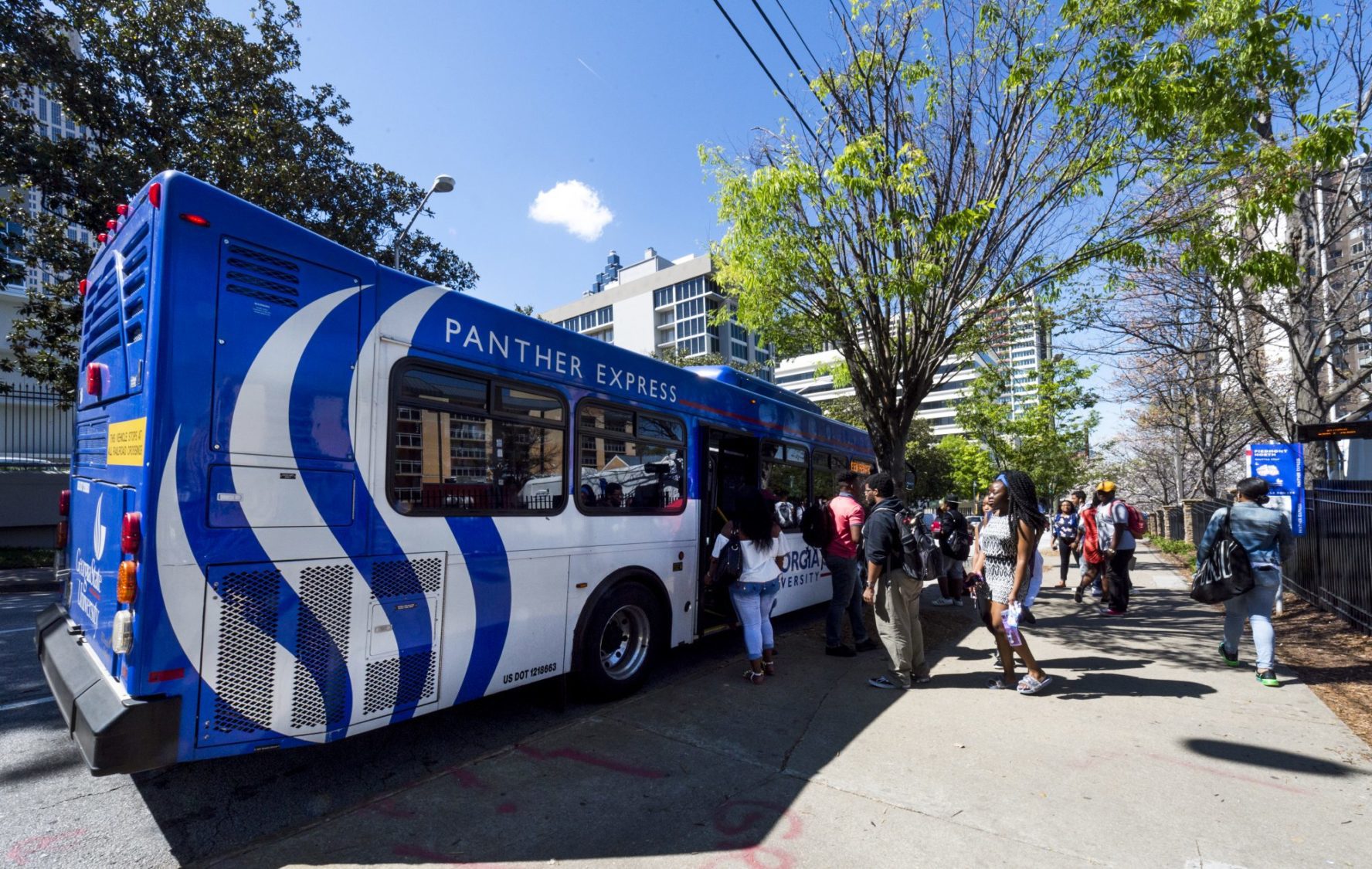
Press Release
October 1, 2025
Georgia State University Charges Ahead with All-Electric Campus Transit
Georgia State University (GSU), the largest in-person university in Georgia and one of the ten largest in the nation, is taking a bold step toward sustainability with the transition to a fully battery-electric bus fleet.Supported by a $22 million award through the Federal Transit Administration’s 2023 Low or No Emission Vehicle Program (Low-No), GSU will deploy 18 electric buses, a new transit depot, and charging infrastructure to serve its downtown Atlanta campus.

Blog Post
September 16, 2025
Electrification Opportunities in Municipal Fleets
Local government fleets operate a variety of internal combustion engine (ICE) vehicles that range from lawnmowers and construction equipment to passenger vehicles and heavy-duty refuse trucks. These complex fleets typically offer easy opportunities for electrification wins that can produce substantial operational savings. However, the state of the zero-emission vehicle (ZEV) market readiness varies across vehicle and equipment sectors. As a result, ZEV transition planning based on EV availability, feasibility, and suitability is a critical success factor in municipal fleet electrification.
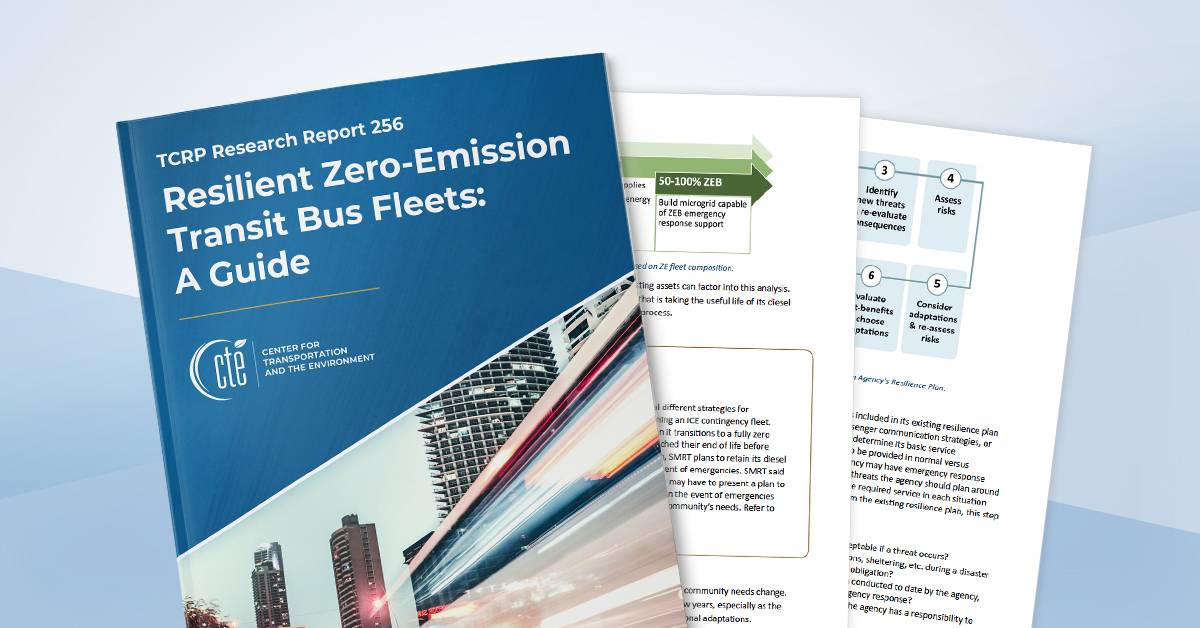
Press Release
September 10, 2025
CTE Releases Resilient Zero-Emission Transit Bus Fleets: A Guide
TCRP Research Report 256: Resilient Zero-Emission Transit Bus Fleets: A Guide provides a step-by-step approach to adapt existing resilience plans, originally designed for internal combustion engine fleets, to the distinct requirements of ZEBs. This comprehensive framework guides agencies through assessing potential threats, evaluating risks, and implementing cost-effective resilience strategies.
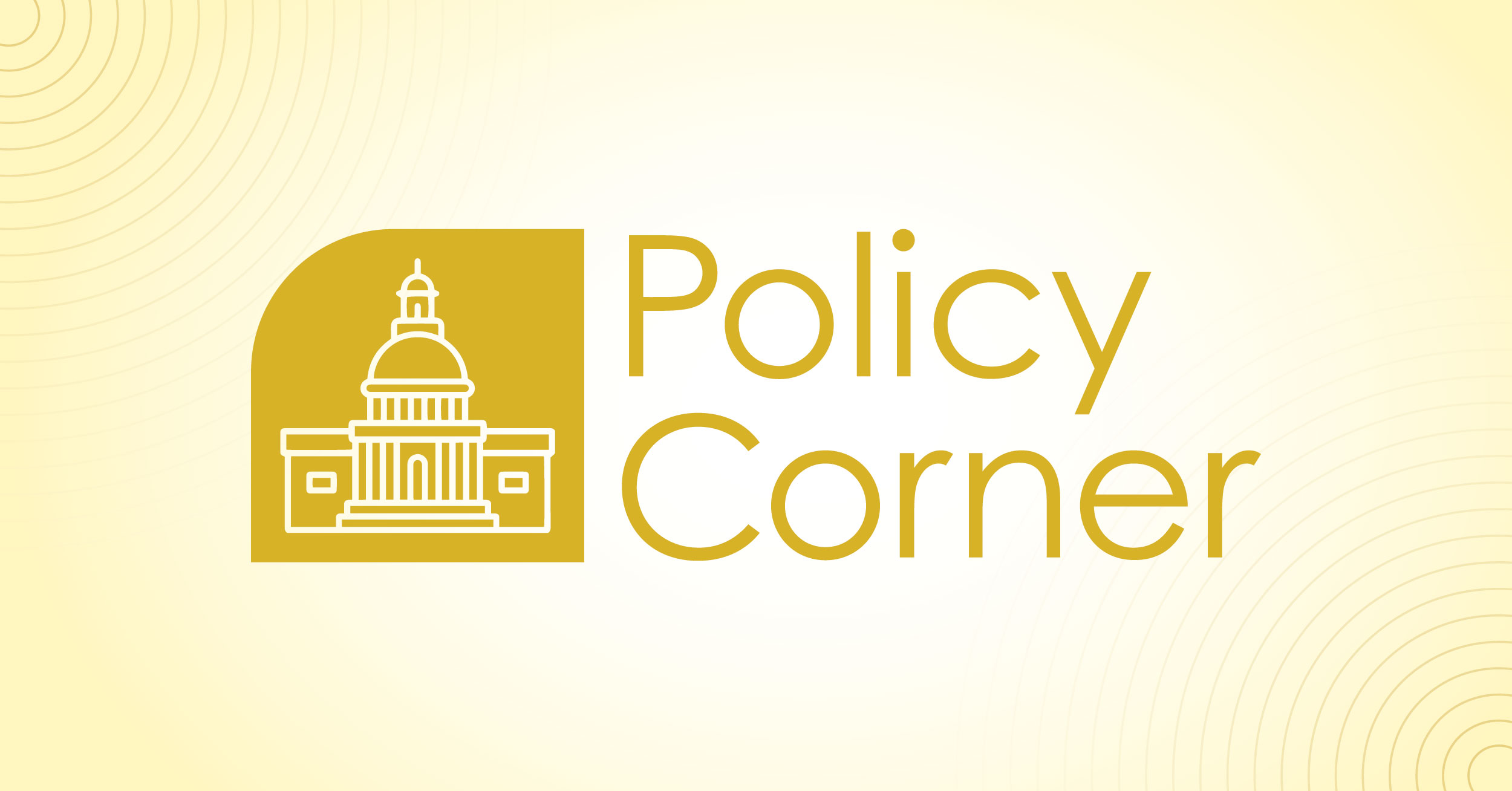
Blog Post
September 8, 2025
Driving Economic Growth Through Alternative Fuel Investments
As the US policy environment evolves, it is more critical than ever to demonstrate the positive economic impacts of the transition to alternative fueled vehicles. Lawmakers are focused on the economic and workforce benefits these vehicles may provide to their constituents, shifting focus from climate and health benefits highlighted in the previous administration.

